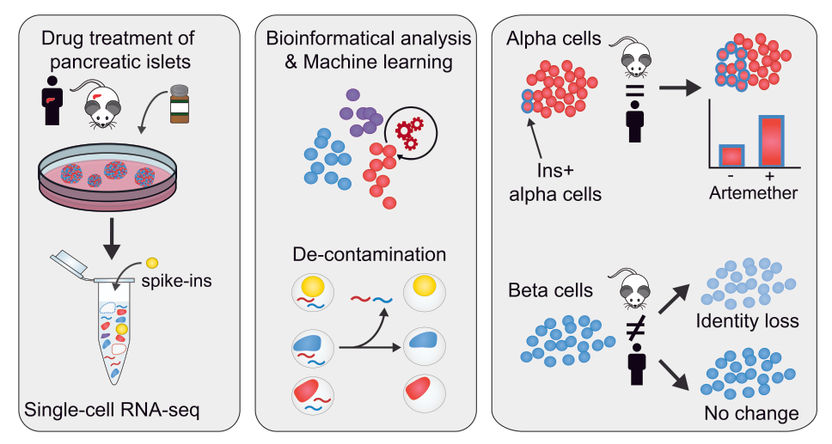The end of the line for existing stem cell research?
Time is short for scientists to respond to the call for comments on the National Institutes of Health (NIH) proposed guidelines for the use of human embryonic stem (ES) cell lines and their eligibility for federal funds. On May 26, the window to provide feedback will close, and the drafted rules leave the possibility that funding for almost all existing cell lines will disappear.
In a Forum article published in Cell Stem Cell, Patrick Taylor, deputy general counsel at Children's Hospital Boston, explains some of the legal implications of the NIH's new funding rules, should they be adopted as written. Since the rules are retroactive, he explains, ongoing research is threatened.
"Research with almost all existing cell lines will not be fundable, leaving almost no federal funds for research using cells created ethically since 2001. This will mean a loss of much of the research benefit of the last eight years, even though that research was independently reviewed and determined to be ethical under federal standards," says Taylor. "It is vitally important that scientists are aware of this problem and that the situation is resolved as quickly as possible."
Ronald McKay, director of the NIH Stem Cell Unit, agrees and points out that, as proposed, the current draft guidelines may not even allow for continued research on the 21 ES cell lines approved by President Bush in 2001. "It is important to recognize that continued access to the ES cells themselves is important for medical research," says McKay. "It is common to use the economic metaphor of the 'gold standard' when discussing the value of human ES cells. But unlike gold, stem cells will not retain value if they are locked in a bank and we cannot analyze their secrets. Continued access to these cells will ensure no delay in understanding the links between human genetics and disease," he adds.
The slow pace of commenting is symptomatic of a broader tendency within the scientific community. "Despite federal encouragement and the ease of posting a comment, scientists do not seem to be participating unless the proposals directly impact their research," outlines science writer Amy Maxman in an Analysis piece published in Cell. The article explains how scientists can offer their views as part of the consultation on items listed at the Federal Register, such as by providing comments on the draft human ES cell guidelines currently under consideration, to ensure that federal agencies receive a balanced perspective of public opinion.
Other news from the department politics & laws

Get the life science industry in your inbox
By submitting this form you agree that LUMITOS AG will send you the newsletter(s) selected above by email. Your data will not be passed on to third parties. Your data will be stored and processed in accordance with our data protection regulations. LUMITOS may contact you by email for the purpose of advertising or market and opinion surveys. You can revoke your consent at any time without giving reasons to LUMITOS AG, Ernst-Augustin-Str. 2, 12489 Berlin, Germany or by e-mail at revoke@lumitos.com with effect for the future. In addition, each email contains a link to unsubscribe from the corresponding newsletter.
Most read news
More news from our other portals
Last viewed contents
Ward_Bond
Catechin
Arpida re-aligns activities to support transition of its research portfolio
Spanish_flu_research
Fluid Metering has rolled-out its new expanded website
Acetylcysteine
Theophylline
Hyponastic_response
The_Language_of_the_Genes

How the brain builds panoramic memory - Neuroscientists identify brain regions key to linking different views of our surroundings.
















































